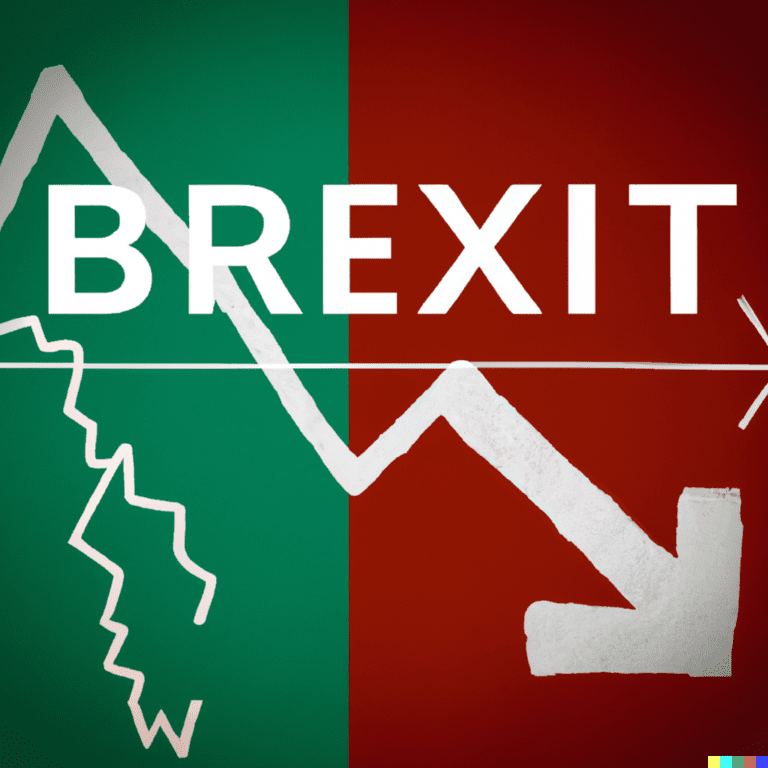Risk Management Strategies in Forex Trading
The allure of the foreign exchange (Forex) market is undeniable; it’s a world filled with opportunities to grow one’s financial portfolio. However, with opportunities come risks, and mastering the art of risk management is crucial for any newbie trader aspiring to thrive in this volatile market. This article explores vital risk management strategies that can act as a beacon amid the stormy seas of Forex trading.
Understanding Risk
The first step in managing risk is understanding its presence in every trade. Various factors, including geopolitical events, economic indicators, and central bank decisions, influence the Forex market. Understanding these elements and how they impact currency values is the cornerstone of risk management.
Educate Yourself
Before diving headfirst into the Forex market, arm yourself with knowledge. Understand the basics, learn technical and fundamental analysis, and stay updated with global economic and political events. Education will not only help in making informed decisions but also in foreseeing potential risks.
Use Stop-Loss and Take-Profit Orders
One of the critical tools in a trader’s risk management arsenal is the use of stop-loss and take-profit orders. A stop-loss order limits losses by automatically closing a trade once it reaches a certain unfavourable price point. Conversely, a take-profit order secures your profits by closing the trade once it reaches a pre-determined favourable price.
Leverage Wisely
Leverage can be a double-edged sword; which amplify profits and losses. While amplifying profits is enticing, misuse or overuse of leverage can lead to significant losses. It’s prudent to use leverage wisely and understand its implications fully.
Risking Only What You Can Afford to Lose
The number one in Forex trading is to risk only what you can afford to lose. Never risk money that is earmarked for crucial aspects of your life like rent, groceries, or other essential bills.
Diversify, but not Excessively
Diversification can help spread risk. However, excessive diversification can lead to a lack of focus and control over your trades. Find a balance by diversifying your portfolio to a manageable extent.
Keep Emotions in Check
Trading driven by emotions like greed or fear can lead to impulsive decisions, escalating the risk level. Cultivate a disciplined approach and adhere to your trading plan despite short-term market fluctuations.
Continuously Review and Adjust Your Strategy
The Forex market is dynamic, and a strategy that worked yesterday might not work tomorrow. Continually review and adjust your trading strategy in line with market changes and personal experiences.
Seek Professional Advice
If in doubt, seek advice from seasoned traders or professional financial advisors who understand the intricacies of the Forex market.
Journaling Your Trades
Maintaining a trading journal is a practice that can transform your trading journey from a game of chance to a structured process of informed decision-making. Documenting each trade, including the strategy employed, the outcome, and any relevant market conditions or economic events, can provide invaluable insights.







